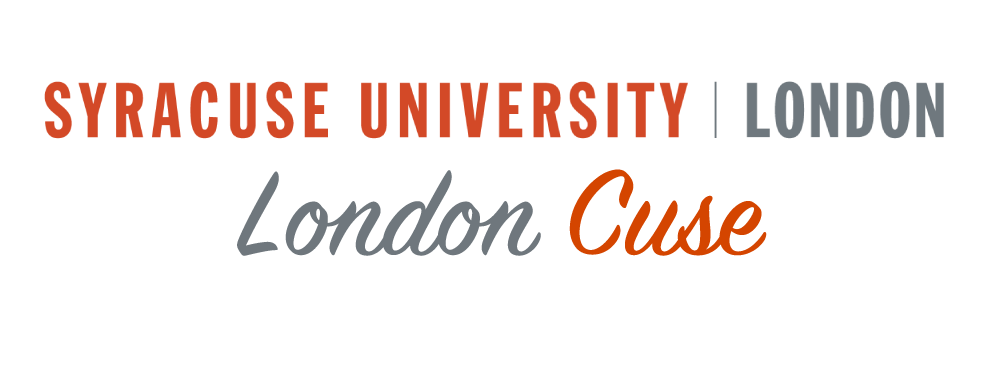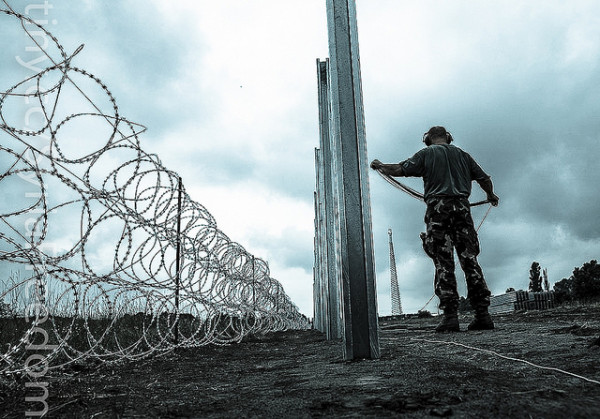I’m struck by the dominance in the news this spring of people wanting in or out of Europe. Hundreds of thousands of people from ‘outside’ Europe are trying, hoping, wanting to get in, creating the biggest immigration challenge on the continent since the Second World War. They’re encountering fences, barbed wire, armed guards, cold, squalor, danger. They want in. ‘Europe’ means something important to them, at this historical moment of their lives.
Many in the UK, in contrast, want out. The pro-Brexit camp, quick to point to the immigrant camps, is loudly articulating the idea of British exceptionalism in Europe; many on this island see themselves as different from those on the continent. Britain tried to join the EEC (the predecessor to the EU) in the 1960s but its application was vetoed – twice – by French President Charles De Gaulle, who believed the U.K. to be more American than European.
Was he correct?
If you’re travelling around Europe across national borders between now and the end of term, I encourage you to think about the relative freedom of movement you have and where that privilege comes from. Who granted you the right to cross national borders in Europe? On whose authority are certain people allowed freedom of movement and access and others not? How is your movement restricted?
And what might you yourself ‘want’ from Europe?
I hope you have a chance in the coming weeks to reflect on how your life, your movements, connect to many other lives and movements in and out of Europe this Spring.
Wishing you safe travels.
Written by Director Dr Troy Gordon.
Photo Credit: Freedom House

